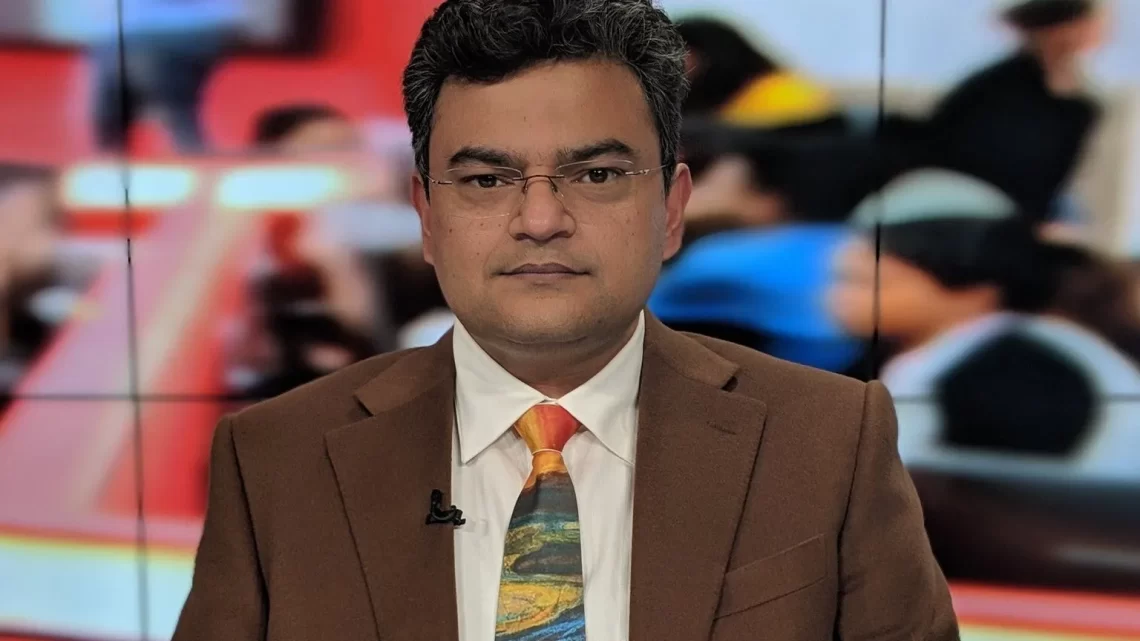
India Needs an “Israel-Like Solution” in Kashmir, Sparks Outcry
June 25, 2024In a controversial statement, Indian political analyst Anand Ranganathan suggested that India needs an “Israel-like solution to Kashmir.” This remark, referencing the ongoing conflict in Gaza where Israeli forces have been accused of committing atrocities against Palestinians, has ignited a heated debate over India’s approach to the Kashmir issue.
For decades, Kashmir has been a flashpoint of conflict between India and Pakistan, with the region’s predominantly Muslim population caught in the crossfire. The situation intensified in August 2019, when India’s nationalist Hindu ruling party, the Bharatiya Janata Party (BJP), revoked the special status of Jammu and Kashmir. This move, which abrogated Article 370 of the Indian Constitution, stripped the region of its autonomy and has since led to increased militarization and significant political and civil unrest.
Rangannathan’s proposal implies a strategy similar to Israel’s controversial policies in Gaza and the West Bank. In these territories, Israeli occupation forces have been accused of human rights violations, including the demolition of Palestinian homes, widespread arrests, and the establishment of settlements in violation of international law. Critics argue that these actions amount to a form of ethnic cleansing aimed at displacing the Palestinian population and erasing their cultural and historical presence.
Applying a similar approach to Kashmir would likely involve intensified military actions, stricter control measures, and policies aimed at altering the region’s demographic composition. Such measures could exacerbate tensions, lead to further human rights abuses, and deepen the alienation and resentment among the local population.
Rangannathan’s statement has drawn sharp criticism from various quarters. Human rights organizations, political analysts, and activists have condemned the suggestion, arguing that it promotes a strategy of repression and violence rather than seeking a peaceful and just resolution to the conflict. They warn that adopting an “Israel-like solution” would not only violate international human rights norms but also risk igniting further unrest and instability in an already volatile region.
Anand Rangannathan’s call for an “Israel-like solution” to Kashmir underscores the ongoing debate over how to resolve one of the most protracted conflicts in South Asia. However, adopting such an approach risks further entrenching divisions and perpetuating cycles of violence.

